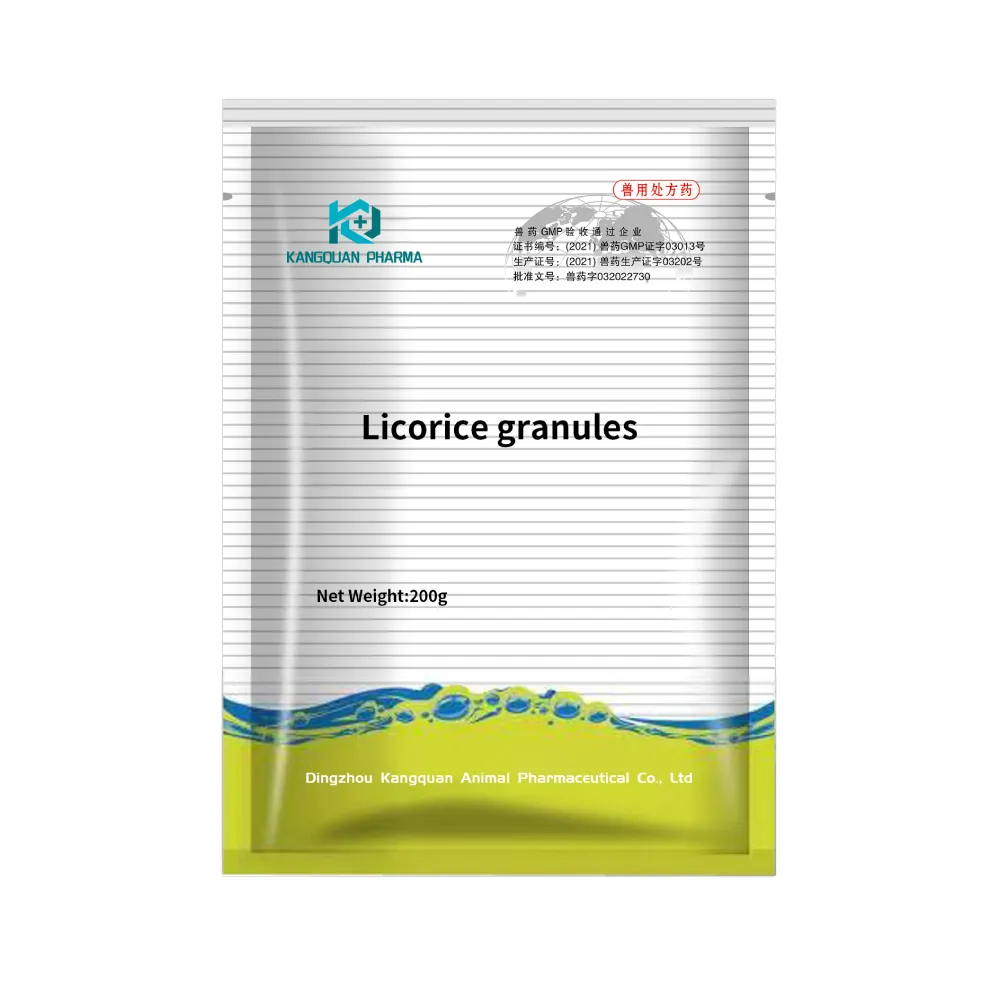- Afrikaans
- Albanian
- Amharic
- Arabic
- Armenian
- Azerbaijani
- Basque
- Belarusian
- Bengali
- Bosnian
- Bulgarian
- Catalan
- Cebuano
- Corsican
- Croatian
- Czech
- Danish
- Dutch
- English
- Esperanto
- Estonian
- Finnish
- French
- Frisian
- Galician
- Georgian
- German
- Greek
- Gujarati
- Haitian Creole
- hausa
- hawaiian
- Hebrew
- Hindi
- Miao
- Hungarian
- Icelandic
- igbo
- Indonesian
- irish
- Italian
- Japanese
- Javanese
- Kannada
- kazakh
- Khmer
- Rwandese
- Korean
- Kurdish
- Kyrgyz
- Lao
- Latin
- Latvian
- Lithuanian
- Luxembourgish
- Macedonian
- Malgashi
- Malay
- Malayalam
- Maltese
- Maori
- Marathi
- Mongolian
- Myanmar
- Nepali
- Norwegian
- Norwegian
- Occitan
- Pashto
- Persian
- Polish
- Portuguese
- Punjabi
- Romanian
- Russian
- Samoan
- Scottish Gaelic
- Serbian
- Sesotho
- Shona
- Sindhi
- Sinhala
- Slovak
- Slovenian
- Somali
- Spanish
- Sundanese
- Swahili
- Swedish
- Tagalog
- Tajik
- Tamil
- Tatar
- Telugu
- Thai
- Turkish
- Turkmen
- Ukrainian
- Urdu
- Uighur
- Uzbek
- Vietnamese
- Welsh
- Bantu
- Yiddish
- Yoruba
- Zulu
Nov . 26, 2024 00:23 Back to list
Ivermectin Injection for Dogs Dosage, Benefits, and Safety Considerations
Ivermectin Injection for Dogs A Comprehensive Overview
Ivermectin is a widely recognized antiparasitic medication that is commonly used in veterinary medicine. Originally developed for use in humans to combat parasitic infections, it has found extensive applications in treating various parasites in dogs. The injectable form of ivermectin is particularly useful in cases where oral administration is not possible or when a rapid effect is needed. This article provides an overview of ivermectin injection for dogs, highlighting its uses, dosages, and potential side effects.
Uses of Ivermectin Injection
Ivermectin is primarily used to prevent and treat parasitic infections in dogs. It is effective against a variety of parasites, including heartworms, intestinal worms, and certain external parasites like mites and lice. The injection form of ivermectin is particularly beneficial for treating conditions such as demodectic mange and sarcoptic mange, where topical treatments may be ineffective.
In dogs at risk for heartworm disease, ivermectin is used as a preventive measure. It works by killing the larval stages of the heartworm, thus preventing the development of adult worms that can lead to severe health issues. Vets may also prescribe the injectable form for dogs with severe infestations that require immediate treatment.
Dosage and Administration
ivermectin dog injection

When administering ivermectin injection to dogs, it is crucial to follow the veterinarian's guidance closely. The dosage typically depends on the dog’s weight, the specific condition being treated, and the concentration of the ivermectin solution. Veterinarians often recommend dosages ranging from 0.1 to 0.2 mg/kg, administered subcutaneously.
It is vital to ensure that the dosage is accurate, as excessive amounts of ivermectin can be toxic, particularly for certain breeds, such as Collies and other herding breeds that may have a genetic sensitivity to the drug. A veterinarian will evaluate the dog’s breed, health status, and any potential risks before prescribing the injection.
Potential Side Effects
While ivermectin is generally safe and effective when used correctly, side effects can occur. Common reactions may include vomiting, diarrhea, lethargy, and in severe cases, neurologic symptoms like tremors or seizures. Owners are encouraged to monitor their dogs closely after administration and to seek veterinary advice if any concerning signs are observed.
In conclusion, ivermectin injection can be a valuable tool in the management of parasitic infections in dogs. Its ability to provide quick and effective treatment makes it an essential component of veterinary care. However, pet owners should always consult their veterinarian for proper dosing and to understand any risks associated with its use. With the right precautions, ivermectin can help ensure the health and well-being of our canine companions.
-
Guide to Oxytetracycline Injection
NewsMar.27,2025
-
Guide to Colistin Sulphate
NewsMar.27,2025
-
Gentamicin Sulfate: Uses, Price, And Key Information
NewsMar.27,2025
-
Enrofloxacin Injection: Uses, Price, And Supplier Information
NewsMar.27,2025
-
Dexamethasone Sodium Phosphate Injection: Uses, Price, And Key Information
NewsMar.27,2025
-
Albendazole Tablet: Uses, Dosage, Cost, And Key Information
NewsMar.27,2025













